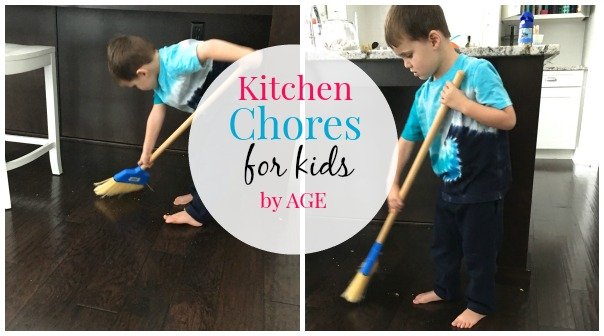 This has got to be the most frequently asked question among parents. I know I get it all the time.
This has got to be the most frequently asked question among parents. I know I get it all the time.
Are your kids picky eaters?
I think the answer for most all parents is not a simple yes or no. What does it even mean for a kid to be labeled as “picky?” What does it take to get placed in that category?
For the sake of this conversation, let’s say if a child is selective about what he eats, he’s a picky eater. I believe the majority of kids are picky eaters. Most kids are pretty selective about what they eat, whether they prefer nutritious foods or junk foods is a whole different story.
One kid might reject bananas but love all other fruit. The next kid might not eat any fruit, but willingly eats broccoli and green beans every day. The third kid might not be willing to touch any fruits or vegetables, but could happily live on pasta. And what about the kid who loves Brussels sprouts one day, yet declares they are “disgusting!” the next? All of these examples are different forms of picky eating.
Picky eating in children is the norm and adventurous eaters are the exception. Of course, I have known children who will eat seemingly anything I put in front of them. They are the in the vast minority. If your children land in the selective eating category, there’s most likely nothing you’re doing wrong.
The selectiveness most children seem to display when it comes to food is a pretty normal, and natural, phenomenon.
For example, children have more taste buds than adults, so foods tend to taste stronger to kids than they do to adults. It is also very common for children to have heightened sensory sensitivity, making different textures difficult to accept.
Six years ago, I wrote this article discussing whether good eaters were born that way or made that way by their parents’ influence. My eight-year-old daughter was a toddler at the time and my son wasn’t born yet.
I came to the conclusion that children were born with innate flavor preferences and eating tendencies and now that I’ve got an eight and five year old, I still feel that way. I’ve had the same approach to feeding them, yet they are very different eaters.
I’ve heard similar stories from most parents I talk to about picky eating.
So what are we to do with our little picky eaters?
Despite kids’ natural tendencies to be selective with food and their innate preferences, I also feel like parents can have an influence on their children’s eating habits.
How we present food, our attitudes about food, and what we serve our children can all make the extent of picky eating better or worse.
Both of my children have gone through phases of extreme pickiness. I treat it like a phase and it doesn’t last forever. They both come out of these phases eating a wider variety of foods than they did before. Always seems to work that way!
With my youngest is now five years old, and I feel like I can see the light at the end of the tunnel. Both kids are getting less and less picky, more open to trying new foods, and liking more foods as they get older.
So yes, I do think we can help our picky eaters be less picky and more open to new and different foods. Here’s how!
How to Deal with Picky Eaters (AKA Most Kids)
- Always offer a wide variety of foods. If you only serve your children the food they like, you may exacerbate their pickiness.
- Encourage tasting of all the foods you serve, but don’t force your kids to eat. I know how frustrating it is to cook a meal that your kids won’t eat, but forcing them to eat will only cause struggles and negative associations with foods.
- Offer incentives or rewards for eating new foods or foods you really want them to eat more of. It works! Examples here and here.
- Treat phases like phases. Just because your child doesn’t like vegetables today, doesn’t mean she won’t like them tomorrow or next week or even next month. If you stop offering a certain food or a food group because your child stops eating it, she won’t have the opportunity to show you how her tastes and preferences can change. You’re limiting her.
- Help your kids learn that language of food. “This is too spicy for me.” or “I think this is too sour.” or “I don’t care for this.” rather than “Yuck!”
- Help your kids understand that something doesn’t have to be their favorite food for them to eat it. We have to eat food we don’t love every day and that’s part of life. This is HUGE. Example language to use: “I don’t really love meatloaf, but this is one of Daddy’s favorite foods so I made it for him. I’m going to eat it for dinner tonight because it would be totally silly to make two dinners just because I don’t love Daddy’s favorite.”
While your children may be naturally picky, you can make the best out of the situation and help them become more adventurous as they get older.
I’d love to hear about your experiences with kids and food. Please let me know how you deal (or dealt) with your picky eaters in the comments!
Let’s connect on social media! Follow me on Facebook here and Instagram here. 🙂



